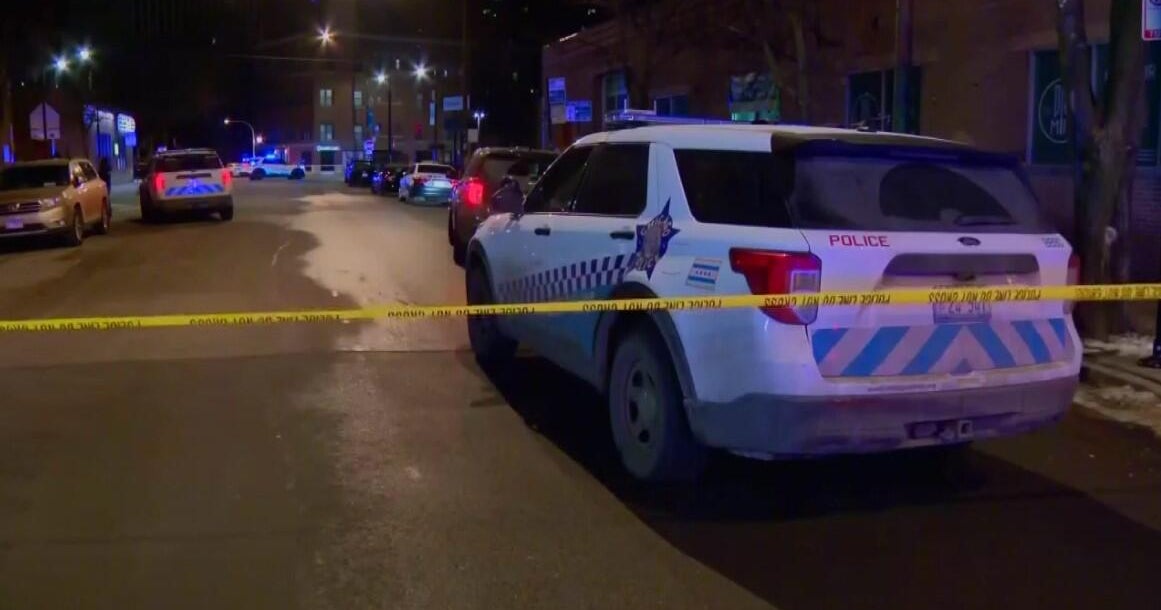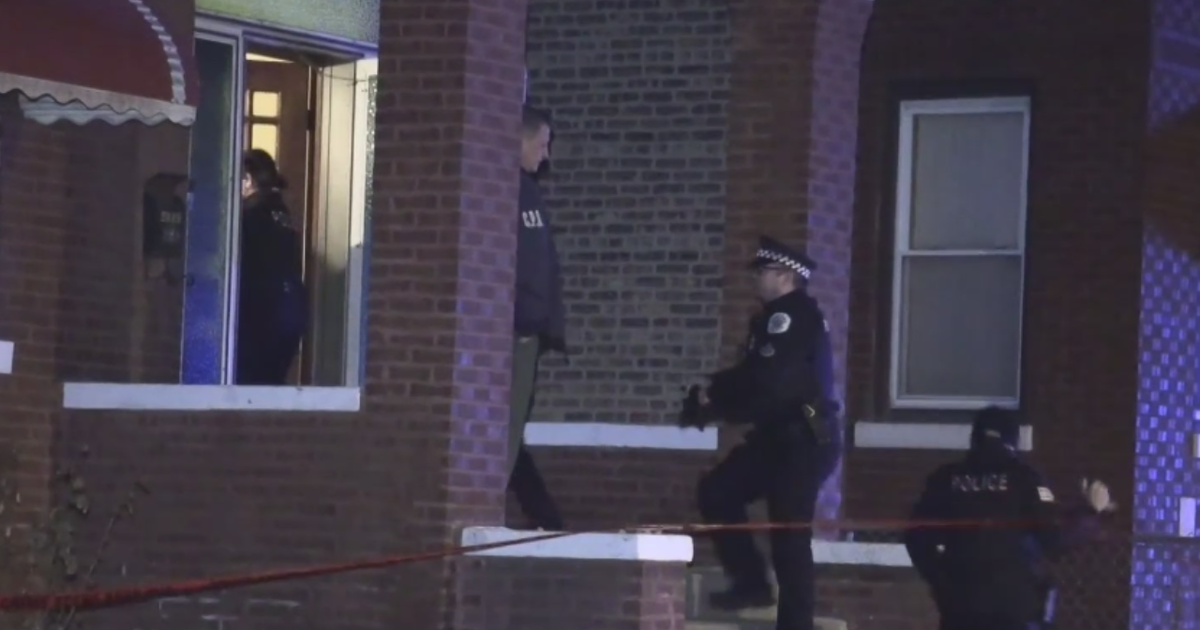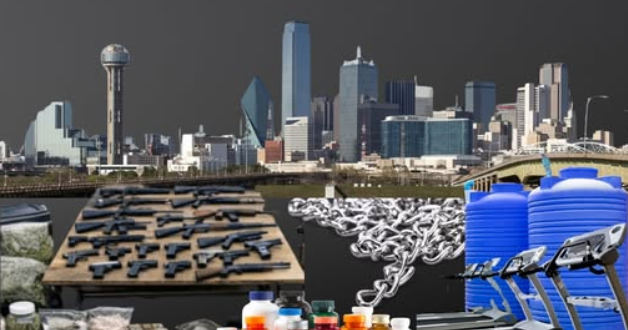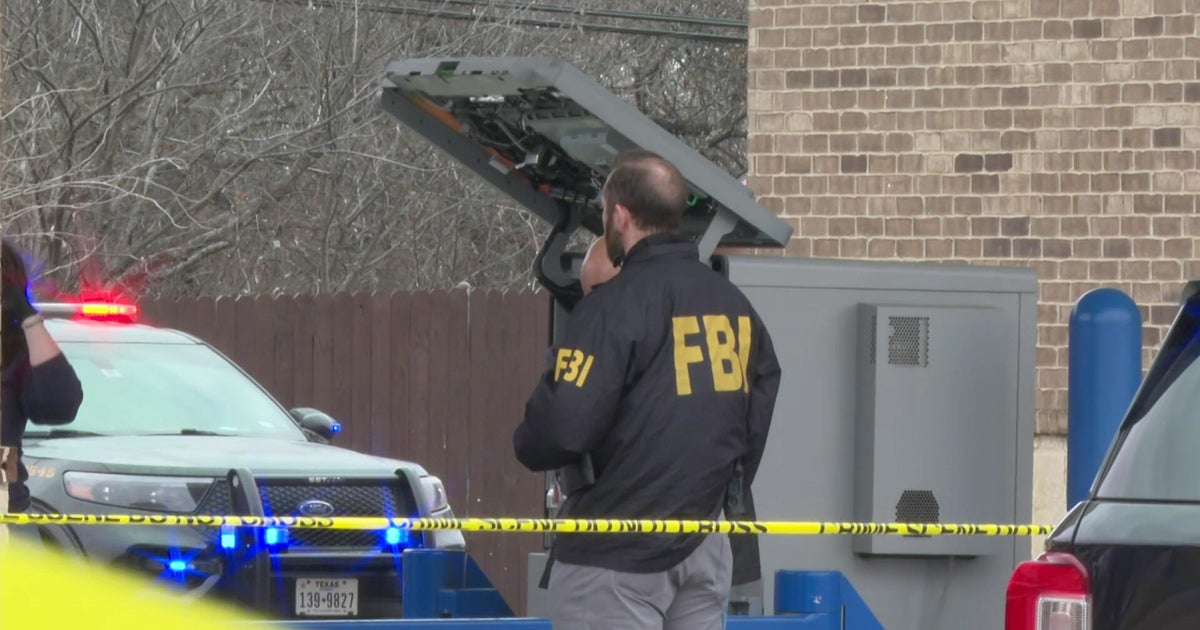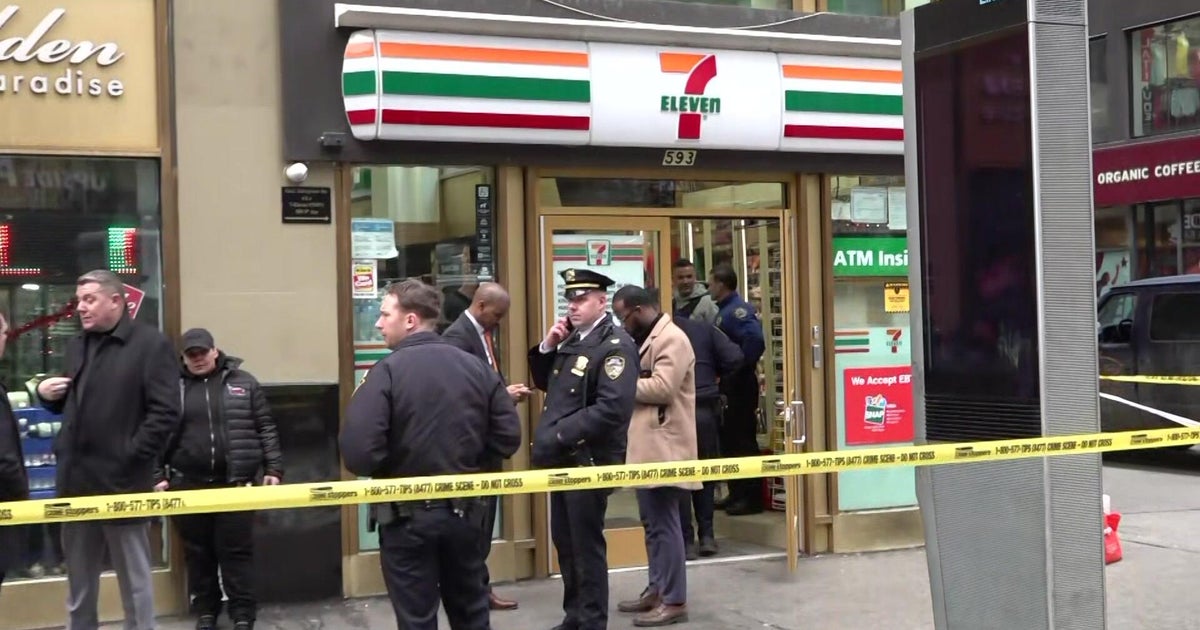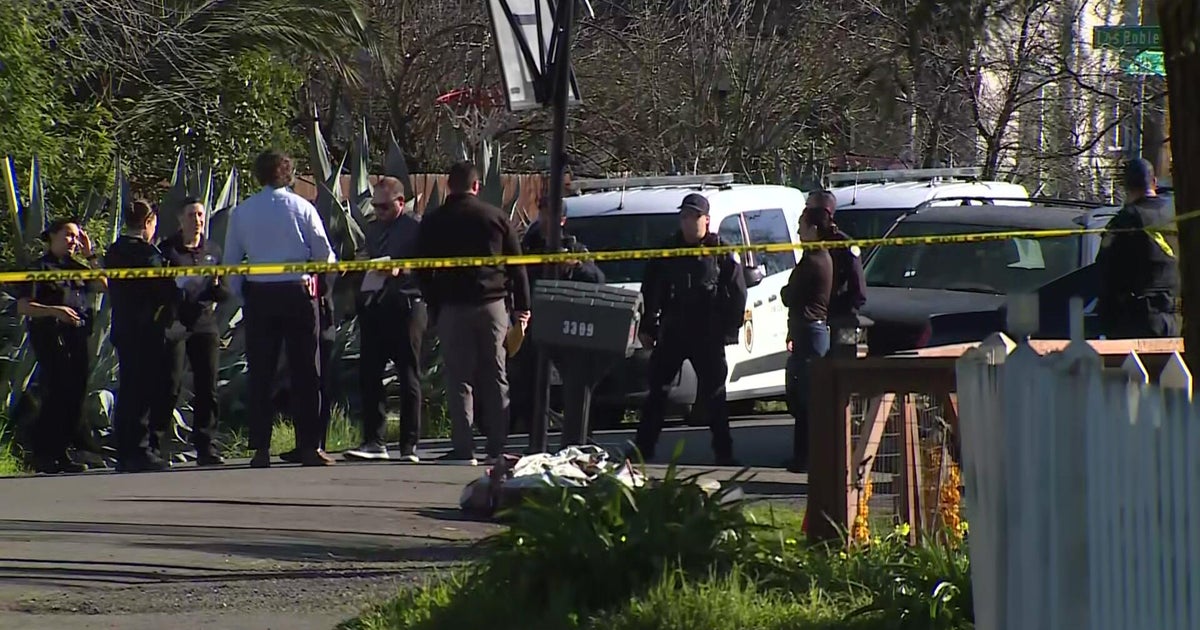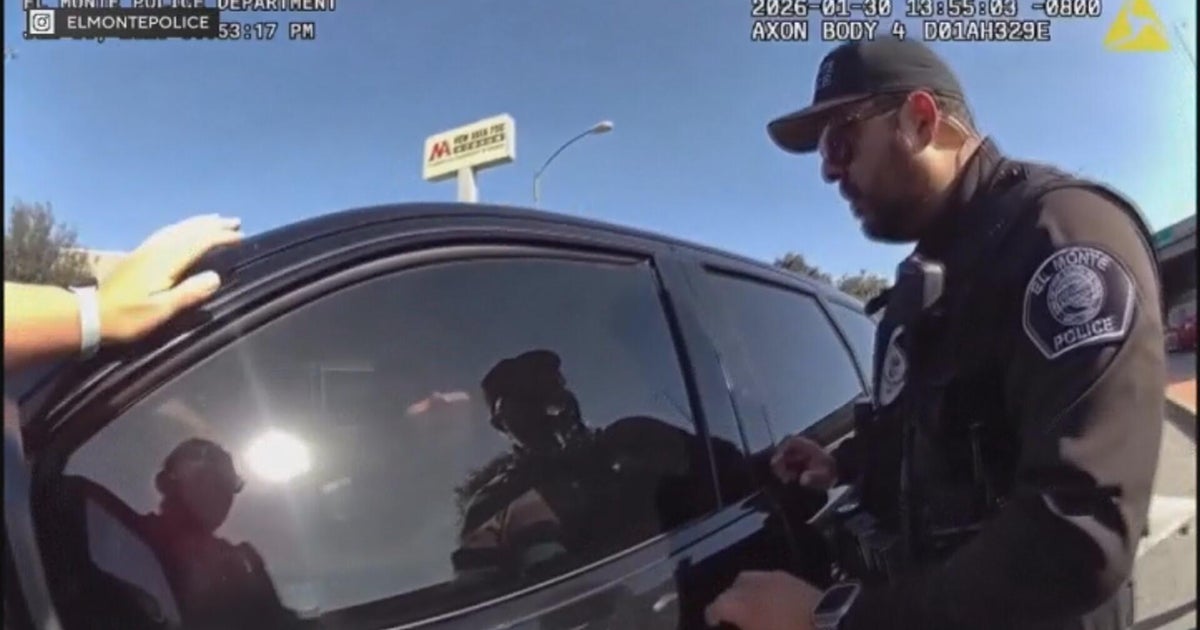Critics say encryption of police scanners in Chicago puts public safety at risk
CHICAGO (CBS) -- Police scanners are being silenced in Chicago – and while officers say it is for their safety, some say it is actually putting your safety in jeopardy.
As CBS 2 Investigator Megan Hickey reported Monday, police scanners help people track crime in their own neighborhoods, help many of us journalists uncover breaking news, and help victim advocates provide crucial, on-the-scene services. What is heard on the scanners is critical information broadcast in real time.
Each police radio zone is composed of one or two police districts. At least nine zones have been encrypted as of May of this year – so now residents cannot tune in.
The Office of Emergency Management and Communications says the reason for the encryption is to keep first responders safe. But we're learning it is also hurting some of the victims to whom they are responding.
Pastor Donovan Price of Street Pastors Chicago used to have three police scanners. He recently gave them all away - because now, they might as well be paperweights.
"You try so hard to help, but sometimes you're helping uphill," Price said.
Pastor Price's Street Pastors group helps and advocates for victims.
"I arrive about 20 minutes after shots fired," he said, "work with the families as they arrive at the scene."
Street Pastors provides everything from help identifying remains at the morgue to follow up-mental health services. But ever since the city first started encrypting radio channels, Pastor Price has not been able to provide the same level of help.
"A lot happens in that first 30 minutes, and if you're not there to be a part of that, it can make a huge difference in the level of help that you're able to give somebody," Pastor Price said.
And it's not just impacting outreach. It is impacting reporters' ability to fact check.
"You know, there are prime examples - whether it be Uvalde, Texas or Laquan McDonald," said attorney Steve Mandell. "The narrative that first comes out is entirely different than the narrative that emerges upon further investigation."
Mandell represents a coalition of news organizations in town, of which CBS Chicago is one.
He reached out to the city back in July, requesting that CPD-credentialed news outlets be granted special access to the encrypted channels.
"The city did not get back to us until, in real substance, until November. That's like a four-month delay," said Mandell, of Mandell Menkes LLC, "and they are really unwilling to even sit down to talk to us about our proposal. They just categorically rejected it."
An OEMC spokesperson told us encrypted radios are in the best interest of victim privacy and officer safety, pointing to 13 "major cities already utilizing fully encrypted digital radio channels."
But we noticed Palo Alto, California in that list. Palo Alto police said they actually reversed course this fall and unencrypted their radios to allow public access.
"Why not have a community conversation about this?" said Pastor Price.
Palo Alto police said they have been pleased to provide their residents access again — starting Sept. 1.
Mandell points out that other departments like the Las Vegas Police Department have worked out an arrangement to allow media access to the channel.
The coalition of media agencies is calling on the city to have an open conversation about it. So far that request has gone unanswered.
This was the full statement from the OEMC:
"The City of Chicago is on schedule with plans to migrate public safety radios from clear analog dispatch channels to secure encrypted digital dispatch channels. This is a phased project that is currently planned to transition on a zone-by-zone basis with a continued buildout through the beginning of 2023.
To date the following Chicago Police Department zones have been encrypted or are scheduled to transition:
- Zone 9 - Thursday, May 12
- Zone 8 - Wednesday, May 25
- Zone 5/7 - Thursday, June 30
- Zone 6 - Friday, August 12
- Zone 3 - Thursday, September 1
- Zone 13 – Thursday, October 6
- Zone 10 – Thursday, October 28
- Zone 12 – Thursday, November 17
"Because this is a phased project per zone, transitions are situationally dependent and scheduled on a monthly basis. At this time, exact dates for the remaining zones have not been set.
"Radios serve as lifelines for our first responders and the encrypted radios will eliminate "Rogue" radios with disruptive, often derogatory transmissions that disrupt the day-to-day traffic for emergency personnel. Having encrypted radios will provide added protection for communities and the personal information of victims, suspects, witnesses, and juveniles. It also will enhance officer safety and prevent suspects from gaining a tactical advantage by listening to live incidents and investigations.
"Certain channels will no longer be available in real time for scanners and the city will be providing a delayed stream. Media and the public will only be able to take advantage of a 30-minute delayed stream on Broadcastify an online feed that was setup to maintain transparency.
"This initiative will put Chicago on par with other major cities already utilizing fully encrypted digital radio channels and they include: Denver, CO; Aurora, CO; Louisville, KY; San Francisco, CA; Palo Alto, CA; Santa Clara, CA; Simi Valley, CA; San Jose, CA; San Diego County, CA; Decatur, IL; Macon County, IL; Prince William County, VA and Fargo, ND."
